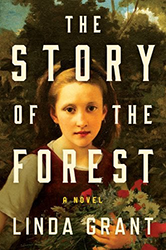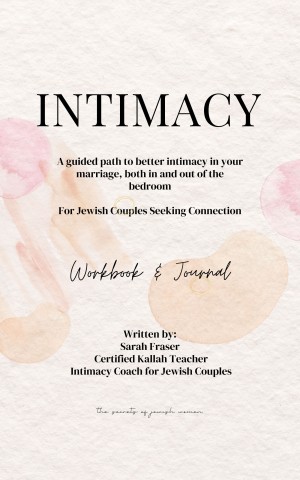At the heart of Shirley Russak Wachtel’s new novel, The Baker of Lost Memories, is Lena, the daughter of Holocaust survivors, who grows up in the shadow of both her parents’ trauma and the absence of her murdered sister, Ruby. As the story unfolds, Wachtel weaves together themes of love, loss, and self-discovery, culminating in a surprising and emotionally satisfying conclusion.
Lena’s childhood is shaped both by her parents’ resilience and their emotional distance. While they are building a new life in Brooklyn, they remain haunted by the past. Throughout her life, Lena struggles with an unspoken question: is she truly wanted, or does she exist as a stand-in for the sister she never knew? Her closest confidante is Pearl, a vivacious and wise best friend who provides solace — until an unexpected accident pulls Pearl away, deepening Lena’s sense of uncertainty. This feeling follows Lena into adulthood, where she navigates relationships and career decisions while trying to define her own identity apart from her family’s history.
The novel’s focus shifts between Lena, her parents, and Ruby. These perspectives offer insight into how each character processes memory and love. Lena’s marriage differs starkly from her parents’, and she struggles to define it on her own terms, even as her parents attempt to support her without imposing their own past experiences. Wachtel skillfully portrays the delicate negotiation of familial expectations and personal autonomy.
Throughout the novel,baking serves as a powerful symbol. In Poland, Lena’s parents ran a bakery where their beloved daughter Ruby worked, her skill and presence a source of joy. By the time Lena is growing up in America, the bakery is gone, and the act of baking has become an enduring wound for her mother rather than a source of comfort. When Lena unexpectedly discovers both talent and joy in baking, her mother’s reaction is one of surprise rather than pride — an ongoing challenge for mother and daughter alike.
Wachtel’s novel is particularly compelling in its exploration of family relationships, including marriage. Lena often finds herself caught between competing expectations — her own desires, what she believes her parents want for her, what her husband clearly wants of her— and the power of the past.
Rather than dwelling on loss, Wachtel explores how people adapt — sometimes imperfectly — to the weight of memory, both personal and inherited. Her writing captures the complexity of remembrance, not as mere nostalgia but as a force that actively shapes identity. In The Baker of Lost Memories, the past is not just history; it is a living presence, influencing the choices, relationships, and dreams of those who carry it forward.
Lindsey Bodner is a writer and an education foundation director. She lives in Manhattan with her family.





